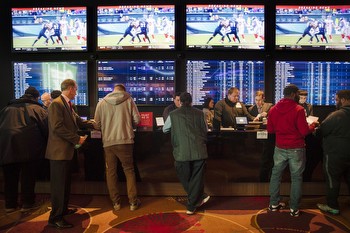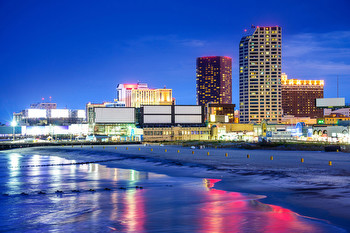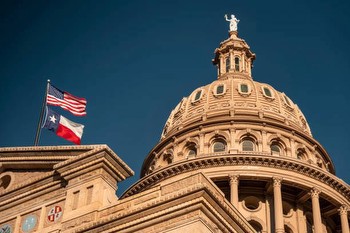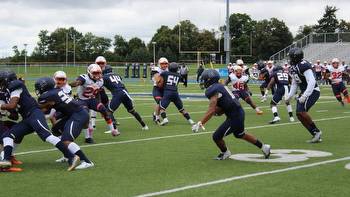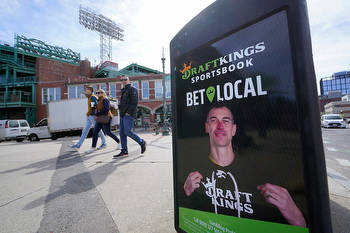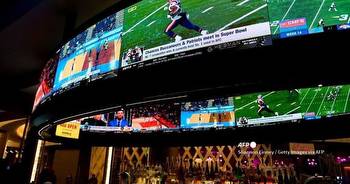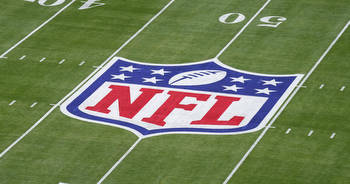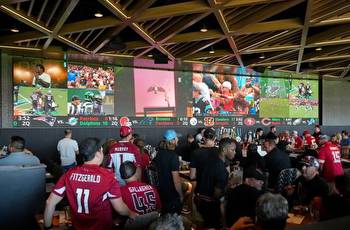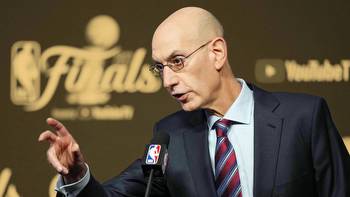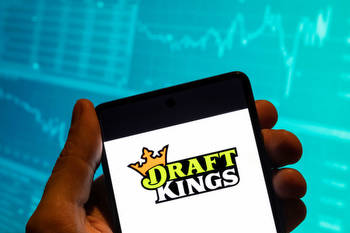How Legal Sports Betting Has Affected the NHL for Franchises and Fans
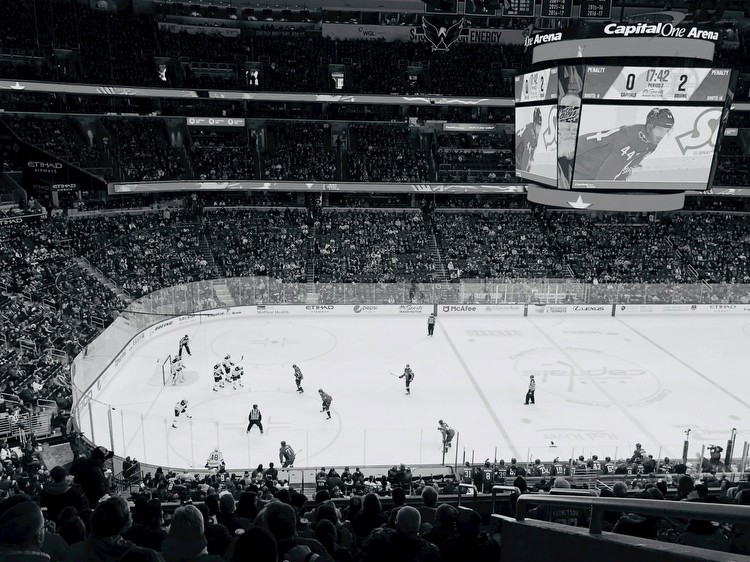
by Dan Adkisson
Since the Supreme Court’s ruling in 2018, states across the U.S. have been able to set their own laws and regulations on sports betting. While betting on the NHL was mostly restricted to Las Vegas, hockey fans all over the country are now able to legally sign up and start placing real money wagers on all games. It’s easy to find NHL betting lines online, with lots of different sportsbooks and betting markets to choose from.
The introduction of legal sports betting has had a major impact on all major sports leagues, including the NHL. The league itself, as well as the individual franchises, have been able to make more revenue from sponsorships. However, some fans have raised questions about whether this has been worth it. In this article, we’ll explore how the NHL has been affected by the legalization of sports betting.
Why Sports Betting Was Legalized
For many years, sports betting was federally illegal thanks to the Professional and Amateur Sports Protection Act. This Act had been enacted to help protect the integrity of sports from the dangers posed by betting. Before the law was enacted, there had been several betting scandals which threatened to affect fan interest in major sports such as the NHL.
Although the idea behind the ban was a good one, in reality it never really worked. In the late 90s and early 2000s, online sportsbooks began to go live. Although these offshore sites weren’t legally allowed to, many of them accepted U.S. bettors. Over the years, millions of Americans signed up to bet at offshore sportsbooks, risking their money by joining unsafe sites.
By legalizing sports betting, government legislators realized they could help protect bettors by making the industry safer. In addition, the prospect of legal and licensed sportsbooks operating throughout the country meant increased tax revenue. After 2018, several states were quick to enact sports betting regulations, and the number of states with legal real money wagering is growing each year.
Positive Impacts of Sports Betting on the NHL
There’s no doubt that since 2018, sports have changed a lot. Some of these changes can be attributed to the introduction of legal betting, and many of them are positive. The NHL was one of the major sports leagues originally opposed to the Supreme Court’s decision. However, league commissioners and franchise owners have quickly come around and the league has grown.
The NHL itself has formed a partnership with one of the country’s largest sports betting brands, increasing the amount of funds available to the league while helping to improve fan engagement and drive innovation. In addition, several franchises have sponsorships with other betting companies, bringing increased revenue to the sport and helping to grow it and expand into new global markets.
Sports betting has also had positive impacts on the fan experience, giving more freedom to fans and allowing them to enjoy the sport more. Increased awareness of sports betting has driven greater demand for statistical analysis, with fans now having more access to information on their favorite teams and players than ever before.
Concerns and Challenges Around Legal Sports Betting
Although sports betting has been largely positive for the NHL, there are still some concerns and challenges raised by fans and athletes. For one, there’s the specter of problem gambling, something that has affected a growing number of hockey fans since 2018. With easily available sportsbooks and widespread betting advertising, those with addictions to gambling face more issues trying to control their spending.
In addition, some athletes have spoken about how fan interactions have changed since legal betting. While it was always normal for fans to roast rival players, the growing influence of social media and betting has meant that this has gotten increasingly toxic. Some athletes have reported fans blaming them for losing money. For the NHL to continue to grow, these concerns need to be addressed.

